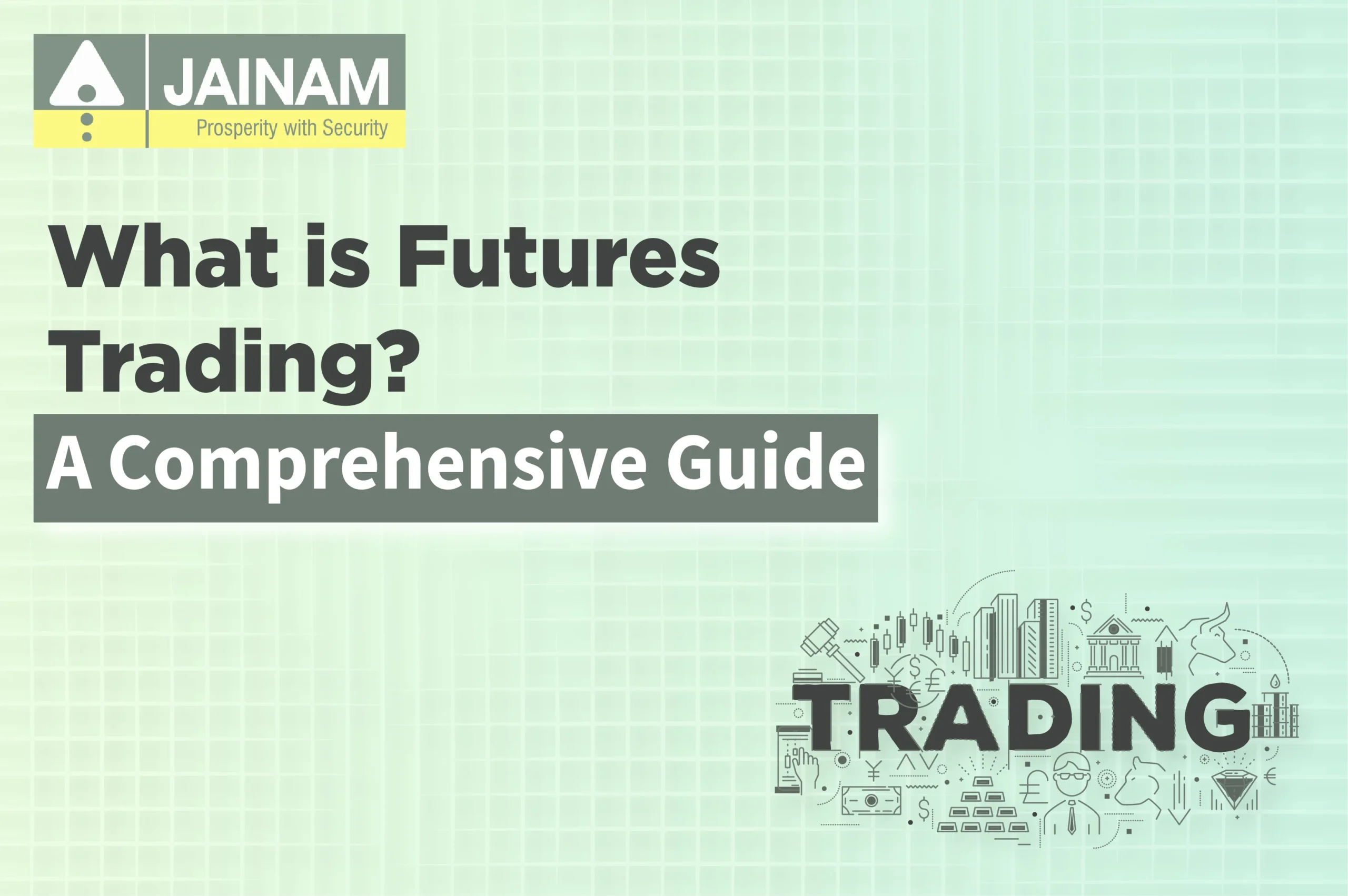What is Futures Trading?
A future trading is the act of buying or selling a contract that binds the trader to buy or sell an asset at a specified price on a specific future date. The contracts can be bought or sold for different asset classes such as commodities (gold, crude oil, wheat), equities (stock futures), indices (Nifty, S&P 500), and currencies (USD/INR, EUR/USD).
For instance, if a trader purchases a gold futures contract at ₹60,000 per 10 grams to be delivered next month, he should close the contract at the agreed rate, irrespective of future market behavior. Futures are widely employed for speculation, price risk hedging, and investment portfolio diversification.
Why Should You Invest in Futures?
A future trading has the possibility of high returns with leverage, enabling traders to hold large positions with small amounts of capital.
For instance, a trader who has ₹1 lakh can potentially take a position of more than ₹1 lakh because of margin trading. Companies and investors also employ futures to hedge price fluctuations—for example, an airline can purchase crude oil futures to fix fuel prices and shield itself from price increases. Moreover, futures markets are highly liquid, allowing rapid execution of trades and low price slippage.
Futures contracts can be used to manage price changes, such as an airline securing crude oil prices in advance to stabilize fuel costs. Additionally, futures markets enable quick trade execution with minimal price differences.
Advantages of Futures Trading
- Leverage: Trading futures enables speculators to enhance potential gains by investing a minimum margin amount to manage a higher position. The risk is enhanced, though.
- Diversification: Investors can trade across different asset classes, such as commodities, equities, and currencies, minimizing overall portfolio risk.
- Risk Management and Hedging: Companies apply futures to guard against price volatility.
Example: A trader anticipates the price of Nifty 50 futures to fall from the current price of ₹22,000 in a month because of poor market sentiment. To hedge against this probable fall, the trader sells Nifty futures contracts at ₹22,000 today.
- Case 1 (Nifty Falls to ₹21,500): When the Nifty 50 index falls to ₹21,500, the trader sells the futures contract at a lower price, earning a profit of ₹500 per unit.
- Case 2 (Nifty Rises to ₹22,500): If, however, the Nifty 50 index goes up, the trader loses ₹500 per unit.
Futures hedging allows investors to guard their portfolios against unfavorable market trends while remaining open to the potential.
- Price Discovery: Ongoing trading in the futures markets assists in ascertaining fair market value through supply and demand.
- Standardization: Futures contracts are standardized and regulated with respect to size, quality, and date of expiry to ensure simplicity and minimize counterparty risks.
A future trading is a highly potent financial instrument, but risk management needs to be done properly to prevent losses caused by excessive leverage.










